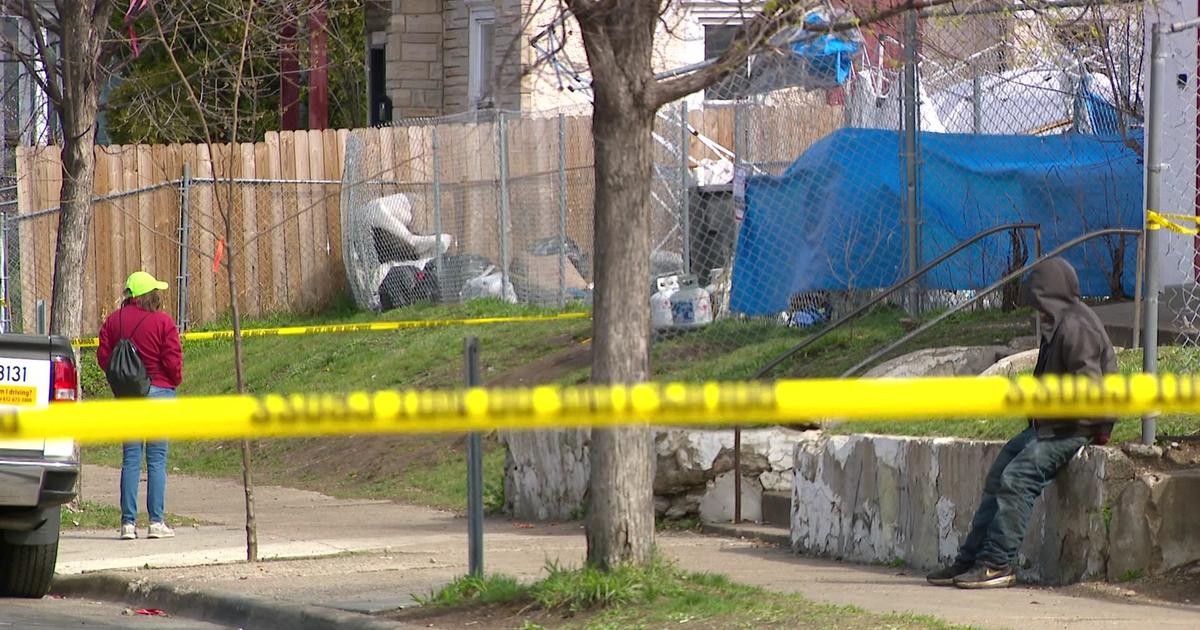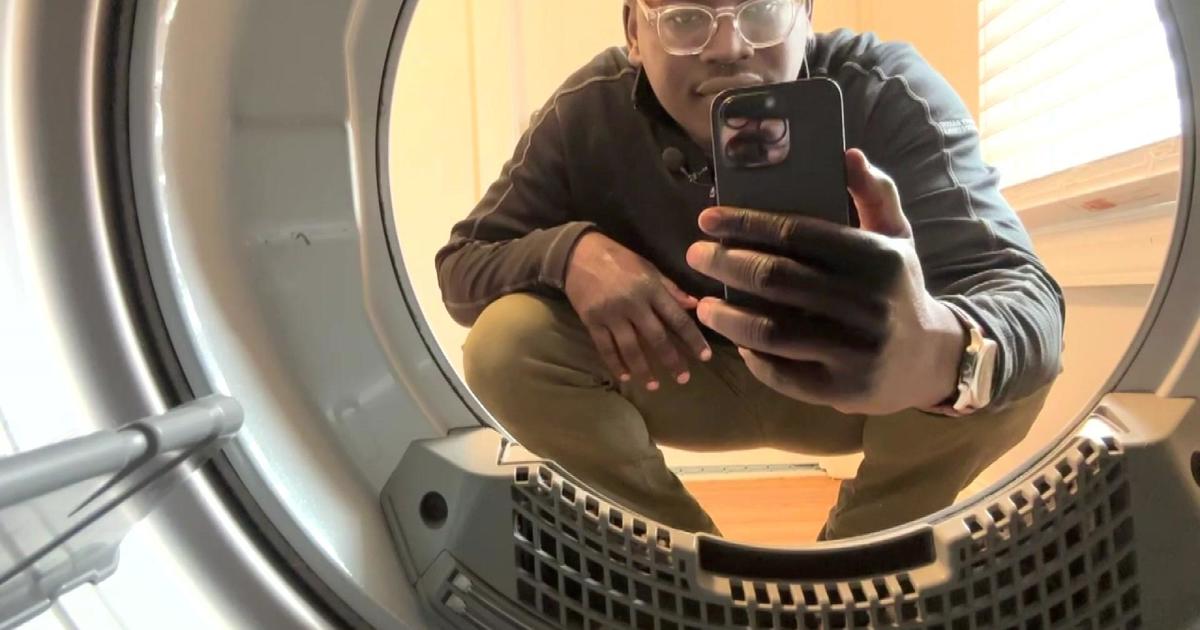Glyphosate Labeling Both Confusing and Controversial
MINNEAPOLIS (WCCO) - In his Ramsey greenhouse, Harley Gordon is framed by flowers. He loves the colors, just not the chemicals.
"I just have not been real fond of chemicals," he said.
You won't find any weed killers in either his greenhouse or grounds -- Gordon made that decision a long time ago.
"I used to do the chemical lawn service type of thing, and I would come home with a headache every night," he said. "I wondered, 20 years from now, am I going to have cancer?"
He's not alone with his concern. In March, the International Agency for Research on Cancer (IARC), an arm of the World Health Organization, labeled glyphosate as "possibly causing cancer." Glyphosate is the active ingredient in top selling herbicides such as Monsanto's Roundup brand.
Without Roundup, Brian Neaton's crop yields would drop sharply. Weeds are a farmer's nemesis.
"I worry about them all but, as a farmer, I have to use them to control weeds," he said. "They steal a tremendous amount of moisture and nutrients, and they also compete for sunlight."
Our battle against weeds isn't just in farm fields. It's in our backyards and city gardens, none more extensive than the Minnesota Landscape Arboretum.
Horticulturist Mary Meyer said they use glyphosate to get rid of poison ivy, buckthorn and other invasive plants -- but they're cautious.
"Human toxicity has been very, very important to us, but efficacy in killing plants is also extremely important," she said. "We wear proper equipment. Homeowners should do the same thing: read the label, wear proper equipment like gloves, etc."
Roundup's maker, Monsanto, said IARC's re-listing is "not supported by relevant scientific data" and that the "probable" category -- one of four it places products into -- also includes other probable carcinogens like coffee, fried foods and pickle juice.
Joe Zachmann manages the environmental pesticide section of the State Department of Agriculture. Their testing has found no evidence of glyphosate getting into our drinking water.
"All pesticides are toxic to one degree or another," he said. "A pesticide is toxic to insects, an herbicide is toxic to weeds. It doesn't last long in the environment, and it does not leach to groundwater. It adheres tightly to soils, so we didn't find it in our groundwater."
Whether you use chemical herbicides or not, homeowners do have some alternatives that are simple and safe and as near as your tap.
If you've got weeds growing in the cracks in your driveway, a simple answer could be pouring scalding water on the plant. There's even an organic pre-emergent method worth trying that is chemical-free.
"There's corn gluten meal, which is a byproduct of milling corn, which is like a cereal product," Gordon said. "You put it down and the dog might eat it, but it does pre-emergent weed control."
But when customers come to Gordon's Greenhouse, they'll find plenty of flowers, but nothing for killing weeds.
"I just tell them to go to the box stores and buy your chemicals, because I won't sell them," he said.
The Environmental Protection Agency views Roundup as safe, but it is taking a review of it as it does for all chemicals every 15 years.
It's expected to complete its review of Roundup's active ingredient, glyphosate, within the next year.



